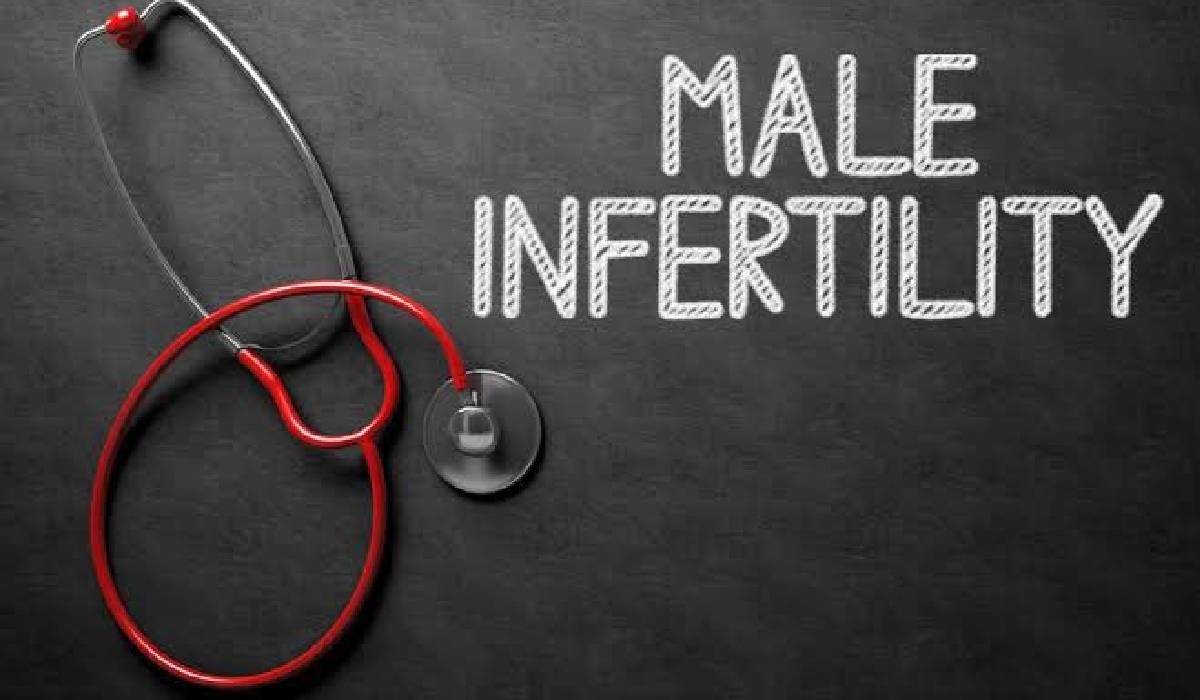Male Fertility Evaluation
Male fertility evaluation is a crucial process for diagnosing and addressing infertility issues in men. This comprehensive assessment involves a series of tests and examinations designed to identify potential causes of infertility and guide appropriate treatment options. The evaluation typically starts with a detailed medical history and physical examination conducted by a healthcare provider or fertility specialist.
The initial medical history focuses on gathering information about the man's overall health, lifestyle, sexual history, and any previous medical conditions or surgeries that may impact fertility. Questions may include inquiries about the frequency and timing of sexual intercourse, exposure to toxins or radiation, use of medications or substances, and any symptoms such as pain or swelling in the genital area. This thorough history helps identify potential risk factors and underlying causes of infertility.
The physical examination is conducted to assess the man's reproductive organs and overall health. The healthcare provider examines the penis, scrotum, testicles, and prostate for any abnormalities, such as lumps, varicoceles (enlarged veins in the scrotum), or signs of infection. This examination helps detect physical conditions that may affect sperm production or delivery.
Semen analysis is one of the most important tests in male fertility evaluation. The man provides a semen sample, which is analyzed in a laboratory to assess various parameters, including sperm count, motility (movement), morphology (shape), and volume. Abnormalities in these parameters can indicate issues with sperm production, function, or transport. Additional tests, such as hormonal evaluations and genetic testing, may be conducted based on the initial findings.
In some cases, further diagnostic tests may be necessary to identify specific causes of infertility. These tests can include ultrasound imaging to examine the scrotum and testicles, testicular biopsy to evaluate sperm production directly from the testicles, and specialized sperm function tests to assess the ability of sperm to fertilize an egg. Based on the results of the evaluation, the healthcare provider can recommend appropriate treatments or interventions to address the identified issues and improve the chances of achieving pregnancy.



.png)
